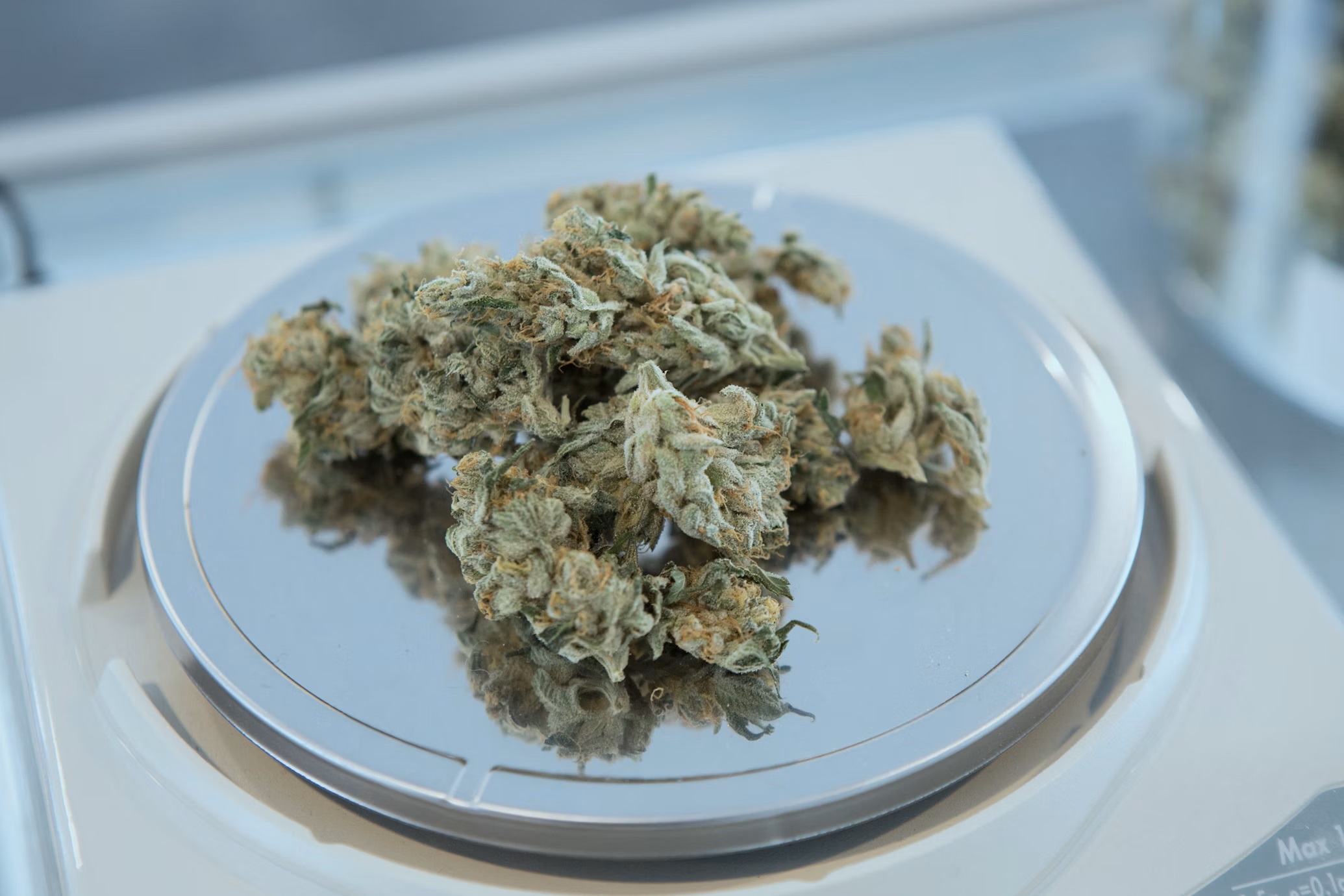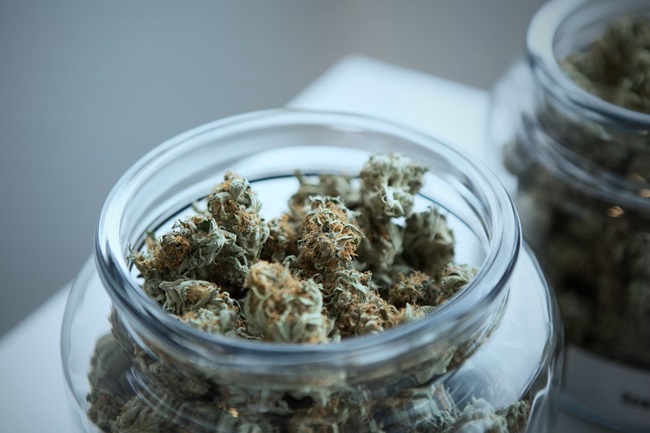In recent years, the use of cannabis has been a subject of growing interest, particularly in its potential effects on mental health. One area that has garnered significant attention is the relationship between cannabis and anxiety disorders. While some individuals report that cannabis helps alleviate their anxiety symptoms, others claim it exacerbates their condition. This comprehensive review aims to explore the complex interplay between cannabis and anxiety disorders, considering both potential therapeutic benefits and associated risks.
Understanding Anxiety Disorders:
Anxiety disorders are a group of mental health conditions characterized by excessive worry, fear, or nervousness. Common types include generalized anxiety disorder (GAD), social anxiety disorder, panic disorder, and specific phobias. These conditions can significantly impact an individual’s daily life, leading researchers to explore various treatment options, including the potential use of cannabis.
Cannabis Components and Mechanisms of Action:
Cannabis contains over 100 different cannabinoids, with delta-9-tetrahydrocannabinol (THC) and cannabidiol (CBD) being the most studied. THC is primarily responsible for the psychoactive effects of cannabis, while CBD is non-intoxicating and has gained attention for its potential therapeutic properties. Both cannabinoids interact with the endocannabinoid system, a complex network of receptors in the body that plays a crucial role in regulating mood, stress, and anxiety.
Potential Therapeutic Benefits:
- CBD and Anxiolytic Effects: Numerous preclinical studies suggest that CBD may have anxiolytic (anti-anxiety) properties. CBD interacts with serotonin receptors in the brain, similar to traditional anti-anxiety medications. Some individuals report reduced anxiety symptoms after using CBD, and it is being investigated as a potential treatment for various anxiety disorders.
- THC and Relaxation: On the other hand, THC’s effects on anxiety are more complex. While some users report feeling more relaxed and less anxious, others may experience heightened anxiety or paranoia. The individual’s tolerance, the strain of cannabis, and the method of consumption all play roles in determining the impact of THC on anxiety.
- Cannabis and PTSD: Some studies suggest that cannabis, particularly strains with higher CBD content, may be beneficial for individuals with post-traumatic stress disorder (PTSD). The calming effects of CBD, combined with the potential modulation of fear-related memories, could contribute to symptom relief in PTSD patients.
Risks and Challenges:
- THC-Induced Anxiety: High doses of THC or individual sensitivity to its psychoactive effects can lead to increased anxiety, panic attacks, and paranoia. It is essential to consider the THC content and choose strains with balanced CBD-to-THC ratios to minimize the risk of adverse reactions.
- Long-Term Effects: Chronic cannabis use may have long-term effects on mental health, and some studies suggest an association between heavy cannabis use and an increased risk of anxiety disorders. However, more research is needed to establish a causal relationship and determine the specific risk factors involved.
- Dependency and Withdrawal: Cannabis use disorder, characterized by dependence and withdrawal symptoms, can contribute to anxiety in some individuals. It is crucial to assess the potential for dependency and carefully monitor usage patterns, especially in those with a history of substance abuse.
Conclusion:
The relationship between cannabis and anxiety disorders is multifaceted, with both potential therapeutic benefits and associated risks. While some individuals may find relief from anxiety symptoms through the use of cannabis, others may experience heightened anxiety or adverse reactions. Understanding the individual variability in responses, as well as considering the specific cannabinoid content and dosage, is crucial in optimizing the potential benefits of cannabis for anxiety management.
As research in this area continues to evolve, it is essential for healthcare professionals, policymakers, and individuals alike to stay informed about the latest findings. Responsible and informed use, along with ongoing research, will contribute to a clearer understanding of how cannabis can be integrated into the broader spectrum of mental health treatments.




